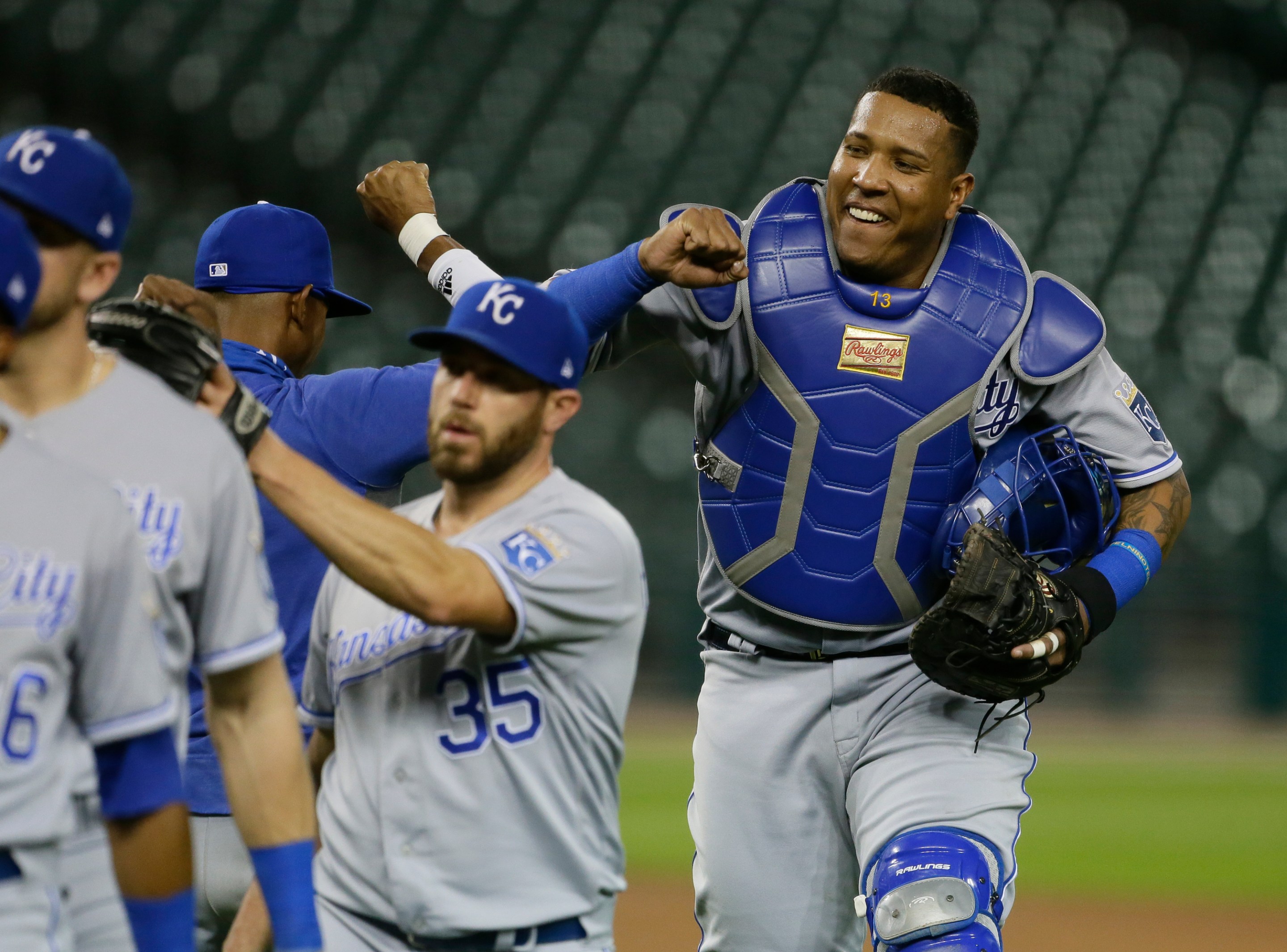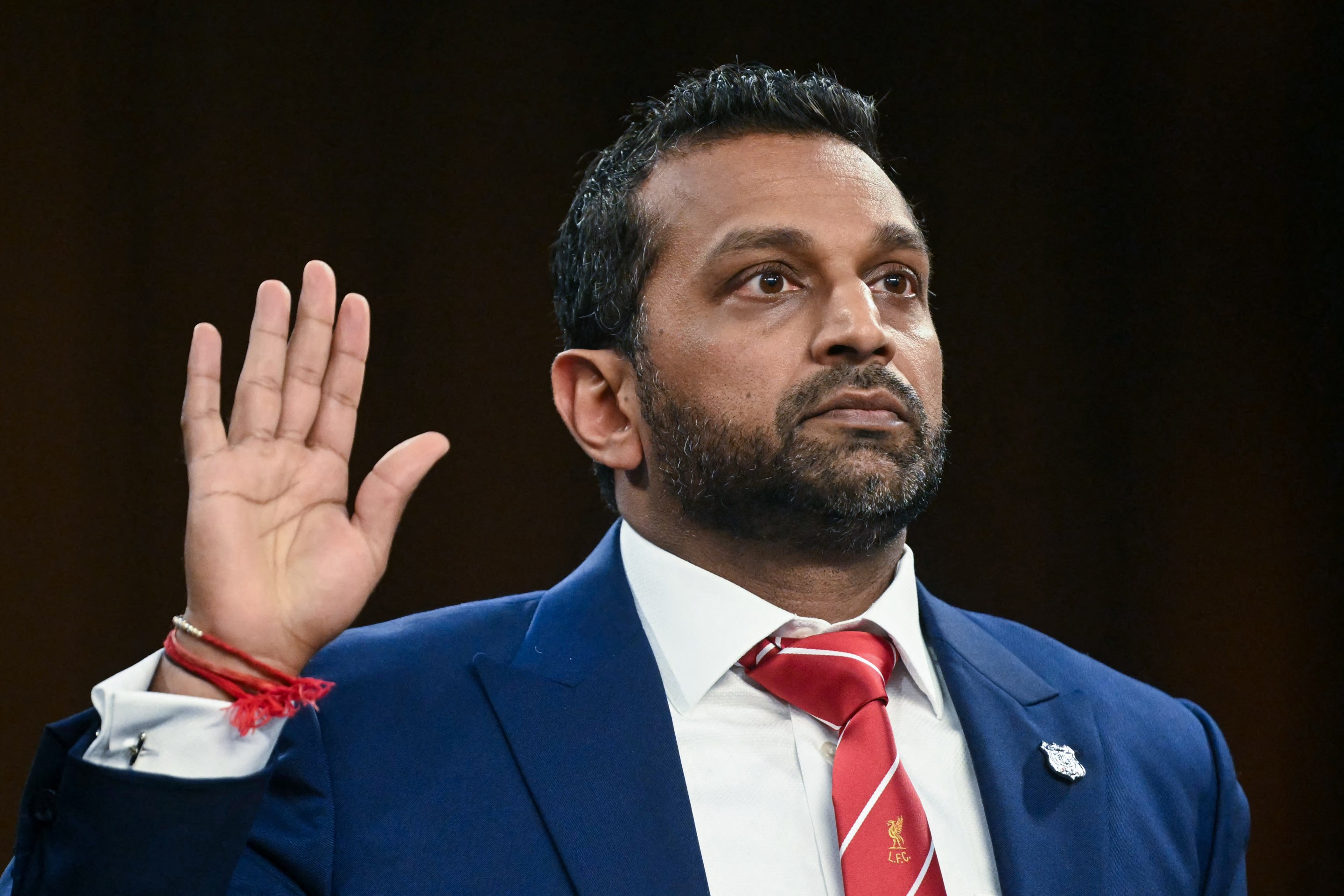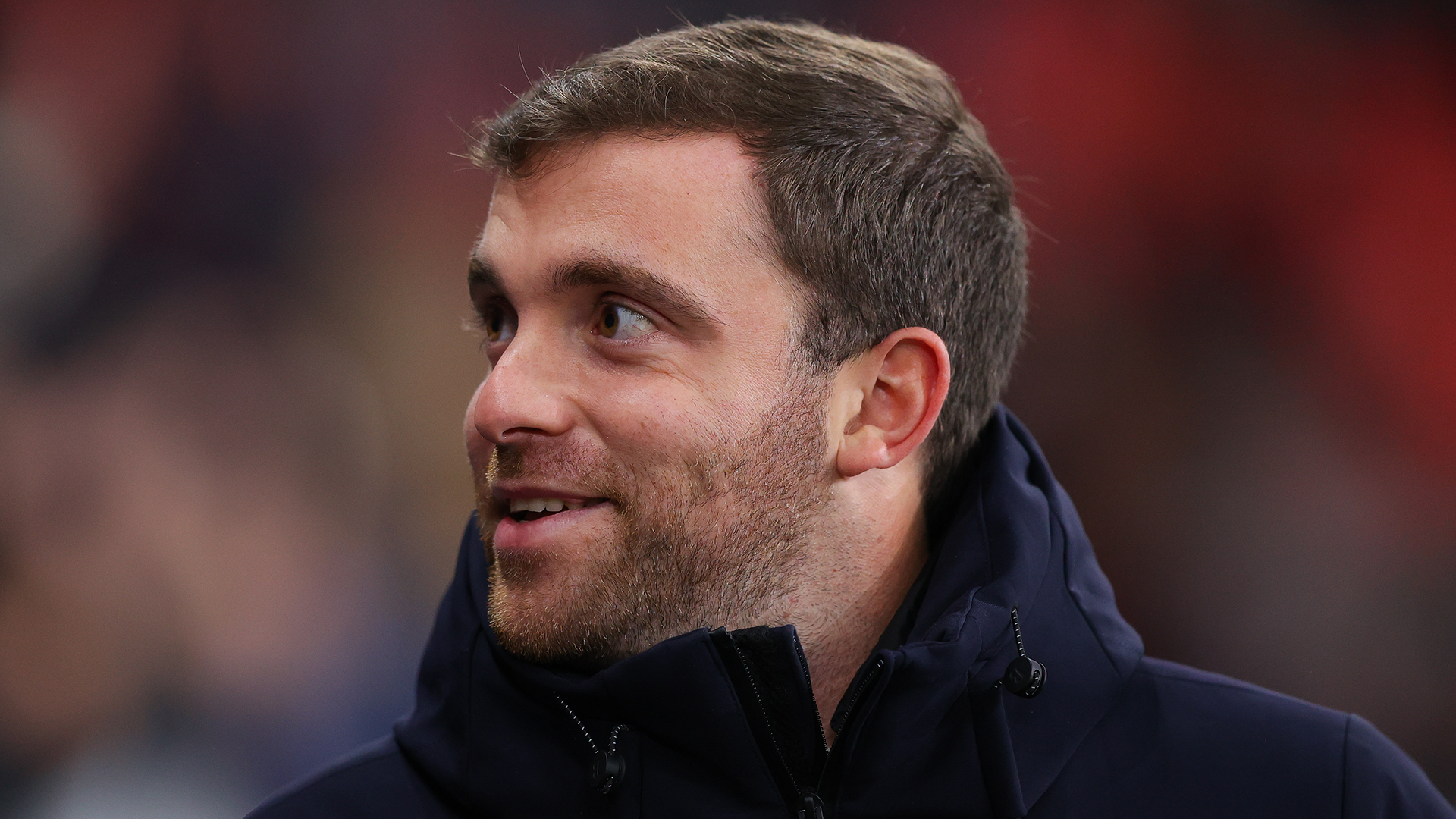I thought Nick Madrigal would hit .400. Or I guess it would be more accurate to say that I thought he or someone like him theoretically could, or might. It would be most correct to say that, given what we know about the way that baseball seasons work, and given that this pandemic-warped season was going to be so short and strange and compromised, there was no sense in ruling out any potential psychedelia. So a bat-to-ball freak like Madrigal, whom the league hadn't really seen before, could well have hit .400 against pitchers who'd spend a third of the season ramping up and stretching out. He hasn't—Madrigal has hit a mere .344—but the important thing is that it could have happened. Anything could have.
Or almost anything. The prospect of Royals catcher Salvador Perez, who is 31 years old, missed all of last season after Tommy John surgery, and had Covid-19 back in the spring, putting up the best offensive season in the history of his position honestly would not have occurred to me. But "anything" means anything. Going into Friday's game, Perez is just one point behind Mike Piazza's obscenely great 1997 season for the highest single-season mark in wRC+ by a catcher. As advanced metrics go, wRC+ is easier to understand than to explain, but it's a context- and stadium-adjusted reading of a player's offensive contribution; it's set up such that 100 represents a league-average figure. In 1997, when he slashed .362/.431/.628, hit 40 homers, and tallied 355 total bases, Piazza's wRC+ was 183. In 2020, with three games remaining in the season, Perez's wRC+ is 182.
Perez has played in only 34 games this year, which is an unrepresentative sample even within the broader and only slightly less unrepresentative sample of this hilarious, stupid, dreamlike season. Perez's .360 batting average would lead the American League if he qualified for the batting title, which at 144 plate appearances he does not and which, given the way eligibility is being calculated this year, he mathematically cannot. If he finishes with a higher wRC+ than Mike Piazza, comparatively few people on earth will know, or care. But I have found myself fixated on the season Perez is having of late, both because it is precisely the sort of bizarre and beautiful fluke that the pandemic season foretold and because it is somehow even more preposterous than what I'd expected.
As Craig Goldstein noted at Baseball Prospectus, Perez has always been a great first-half hitter, if never quite this lucky or anywhere near this good. But because Perez plays much more frequently than other catchers, and because the physical attrition at that position is so intense, his seasons have tended to have much less enjoyable second halves. And while in a season that has no second half, or in this case put a frantic two-for-one happy hour of a postseason where the second half might otherwise be, all kinds of things are possible. This is what makes Nick Madrigal (or someone like him) hitting .400 seem somewhat plausible. But Salvador Perez isn't really like Nick Madrigal.
Perez is and has been a pretty good player over parts of nine Major League seasons, and as admirable a cornerstone as any franchise could hope to have. He's just also Salvador Perez—a free-swinging gigantor who plays hard but probably too often, tends to grind himself into dust down the stretch, swings the bat whenever and wherever it's even faintly justifiable, and tends to ground into double plays more than all but three or four other dumptruck-type sluggers. Like every other person, Perez has become more like himself as he's gotten older. There's some integrity in this, but also a lot of outs. Perez hasn't posted an on-base percentage above .300 since 2013, and as Matthew LaMar wrote at Royals Review back in 2018, Perez's walk rate is so low as to make it almost impossible for him to be a good hitter on balance; the extra homers just can't make up for the fact that Perez comes up completely empty at the plate more than seven times out of ten.
But also: That's stupid boring "real season" bullshit, and as such you can feel free to throw it in the garbage.
Here is what Salvador Perez is doing this season: swinging at more marginal pitches near the plate than virtually anyone else in baseball—and swinging at "waste" pitches more than any other player, and four times as frequently as the league average—missing those pitches slightly more often than usual, and somehow also making loud contact more frequently than at any point in his career. Perez has walked exactly thrice in his 140 plate appearances. He has not grounded into a double play even once, after doing so basically every seven games for the first eight seasons of his career. His batting average on balls in play, which again is basically every plate appearance in which he does not strike out, is a thoroughly normal .390; his slugging percentage is nearly 200 points better than any number he's posted in his career. Add all this improbability up and Perez has hit 11 homers and driven in 32 runs, posted a slash line of .360/.375/.683. He also stole a base, which is nice to think about if you've seen a picture of Salvador Perez, who is reliably 30 percent larger than the other professional baseball players he's most frequently photographed with.
People more qualified than I have done deep dives into his season and come up with some very acronym-heavy, extremely insufficient explanations. Ben Clemens of FanGraphs found that Perez is swinging at more fastballs (which he hits well) than breaking pitches (which he does not), for instance, but had to throw up his hands at the results it has produced. "Perez has been 13 runs above average this year with the bat, which brings his career total to zero runs above average," Clemens wrote. "Seven swings at fastballs doesn’t come close to explaining that." The explanation that Clemens finally reached, which is that Perez is both healthy and rested in a way he hasn't been in many years, doesn't really explain it, either.
Which is fine, considering the circumstances. Baseball is like this, and baseball players are like this, which is why it's good that baseball seasons are generally not like this, and are instead long enough that this kind of lurid randomness tends to get distributed somewhat more reasonably over 162 games. Extremely strange things still happen, which is the fun of it, but it plays out as a sort of chase, with the breaks of the game eventually catching up to and overtaking the various flares of wild randomness that blaze up and blow out over the course of a year. What's inexplicable in baseball runs in a crazy-eyed sprint; what's inevitable in baseball can, under ordinary circumstances, afford to walk, because the outliers it's chasing more or less always tucker themselves out eventually. This isn't to say that Salvador Perez might not have figured out how to do all the things he ever did much better than he has ever done them, simply by embracing the life-changing truth that he needed to do all of them more vigorously. It's much more likely that he's just outrunning the regression and reason that rides over every season. At this point, all you can do is hope he makes a clean getaway. Someone was going to pull this off; it fits the season perfectly that it would be such an unlikely suspect.






